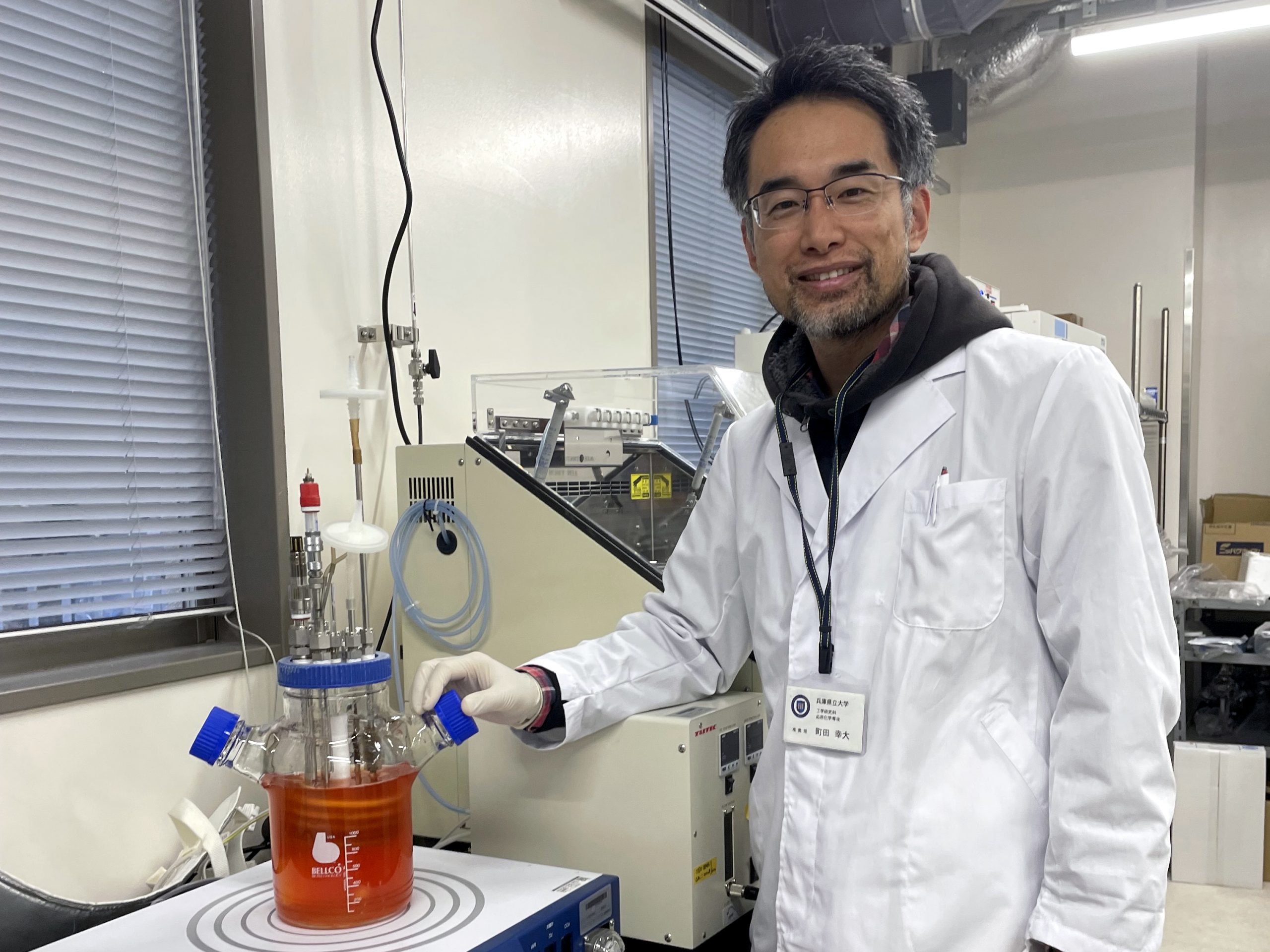

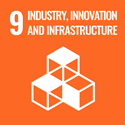
Graduate School of Engineering
Associate Professor Kodai Machida
By refining the individual biomolecules that make up human cells and combining only the necessary ones, we have successfully reproduced part of the functions of human cells in test tubes. This simple system will be useful for explaining the mechanisms that cause viruses to proliferate and explain the causes of illnesses caused by protein abnormalities. In this manner, we are advancing research that contributes to healthy living of humans, through the development of technological foundations for preventing various diseases and discovering treatment methods.
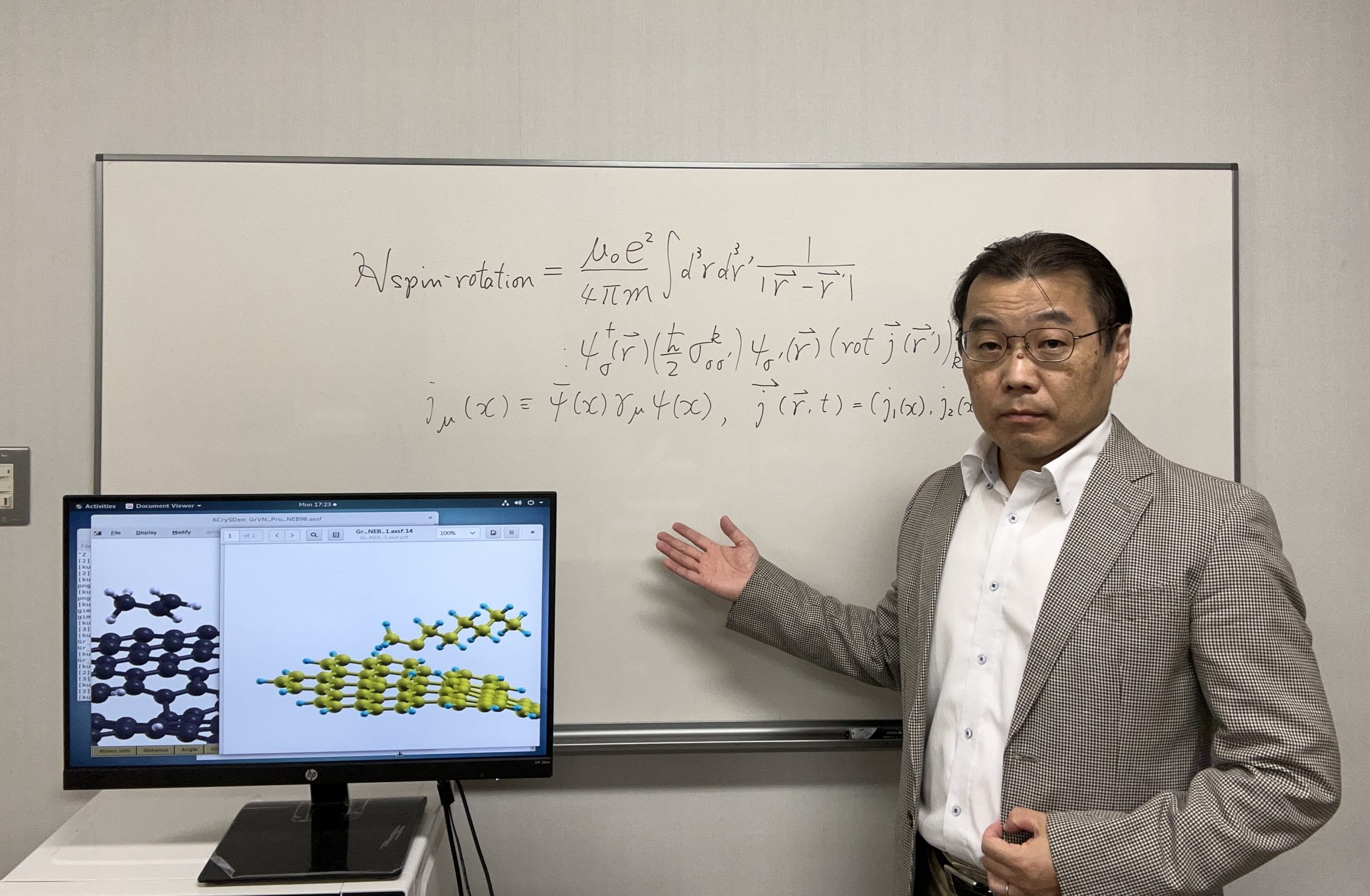

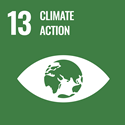
Graduate School of Science
Professor Koichi Kusabe
Currently, it is possible for computers to reproduce physical phenomena at a atomic scale and at an accuracy that yields data extremely close to experimental results.
I am conducting research on this computational materials science, from its fundamental principles to its application.
I believe that these results can be used for designing and proposing new materials and electronic devices that can create technological innovations and contribute to the formation of industrial infrastructure.
There are multiple undertakings of co-development with experimental sciences that aim for countermeasures against warming, such as research into the design of reaction conditions of hydrogen-related materials in particular.
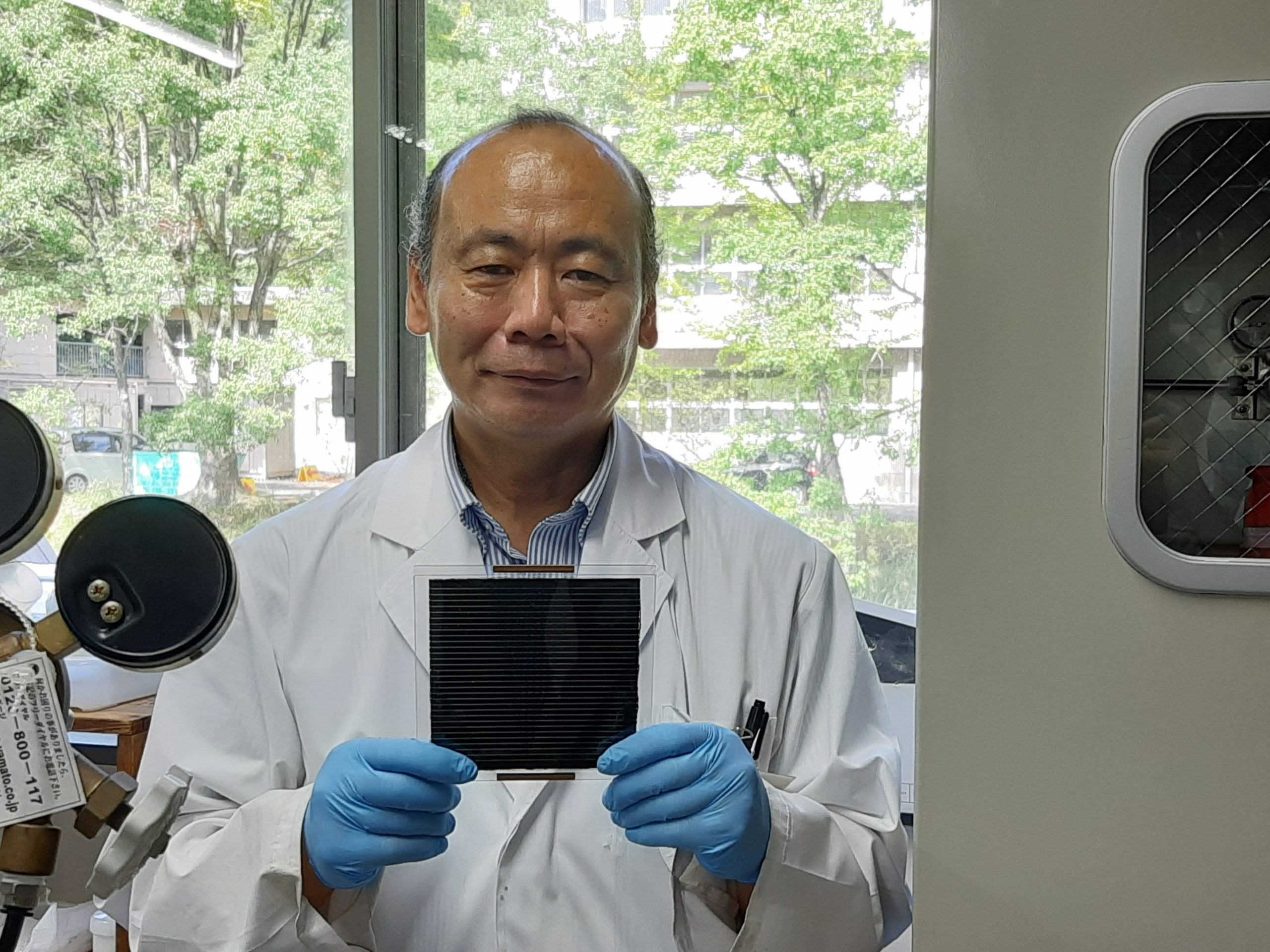
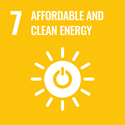

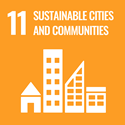
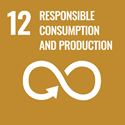

Graduate School of Engineering
Professor Syogo Ito
For such a goal, a highly durable perovskites solar cell was completed. (That is what I am holding in my hands in the picture.)
I am also doing research and development into hydrogen fuel cells with ultra-durable catalyzers and platinum-free catalyzers, in order to use that energy. (A hydrogen cabinet is pictured on the right side of the picture. Pictured on the left side is an air tank.) We will keep on creating amazing developments.
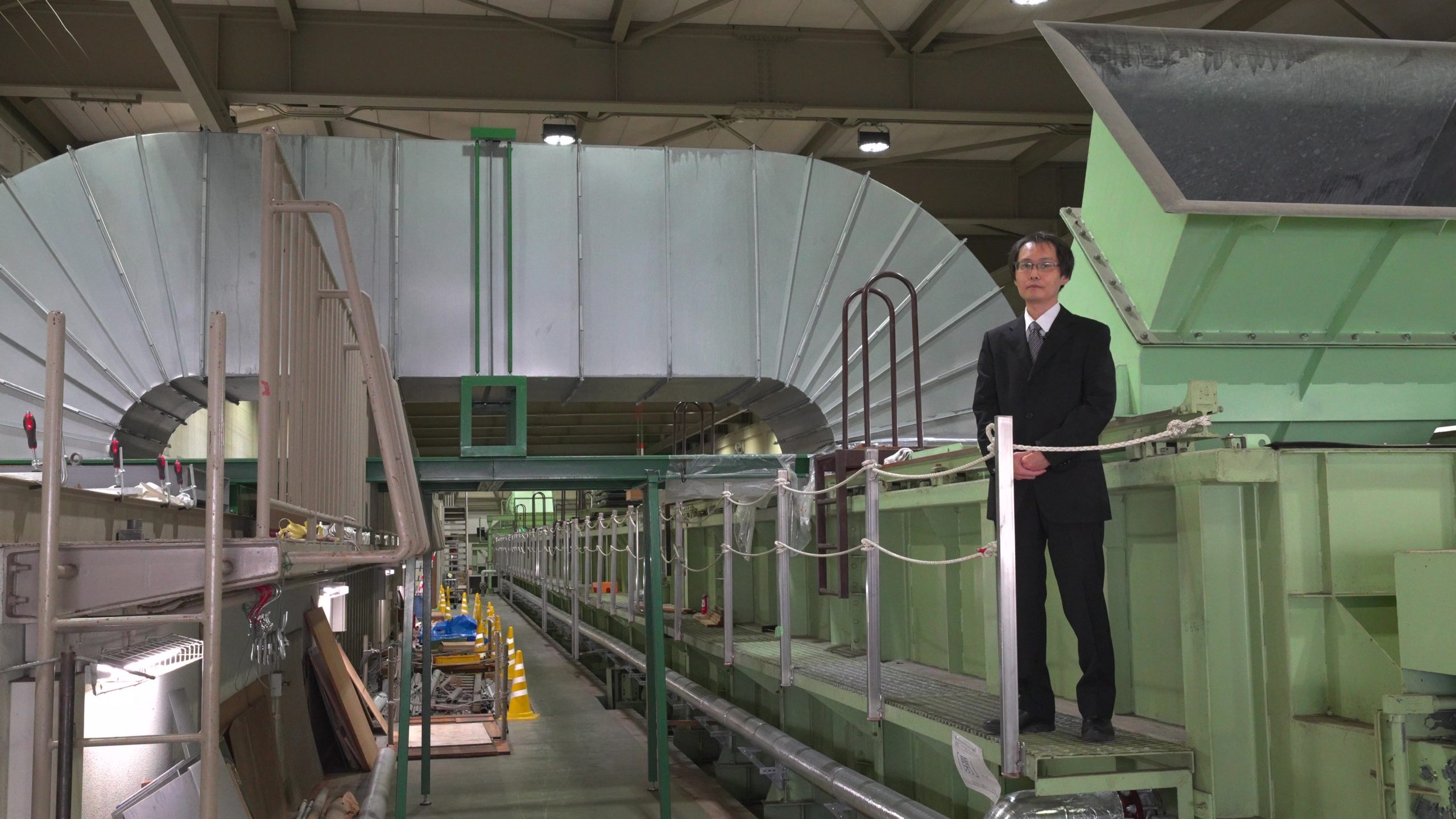




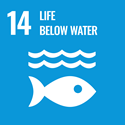
Graduate School of Engineering
Associate Professor Naohisa Takagaki
The violent winds, high tides, and heavy rainfall from typhoons cause major damage to society. In that regard, my graduate school is developing a highly accurate forecasting model of typhoons using an ultra-large mock ocean experimental tank called a “typhoon simulation tank”, the only one of its kind in Japan.
Moreover, being able to modify typhoons, much like suppressing global warming, will create a society with fewer disasters, so we are also investigating that potential.
We are also utilizing engineering to develop ocean energy technologies.
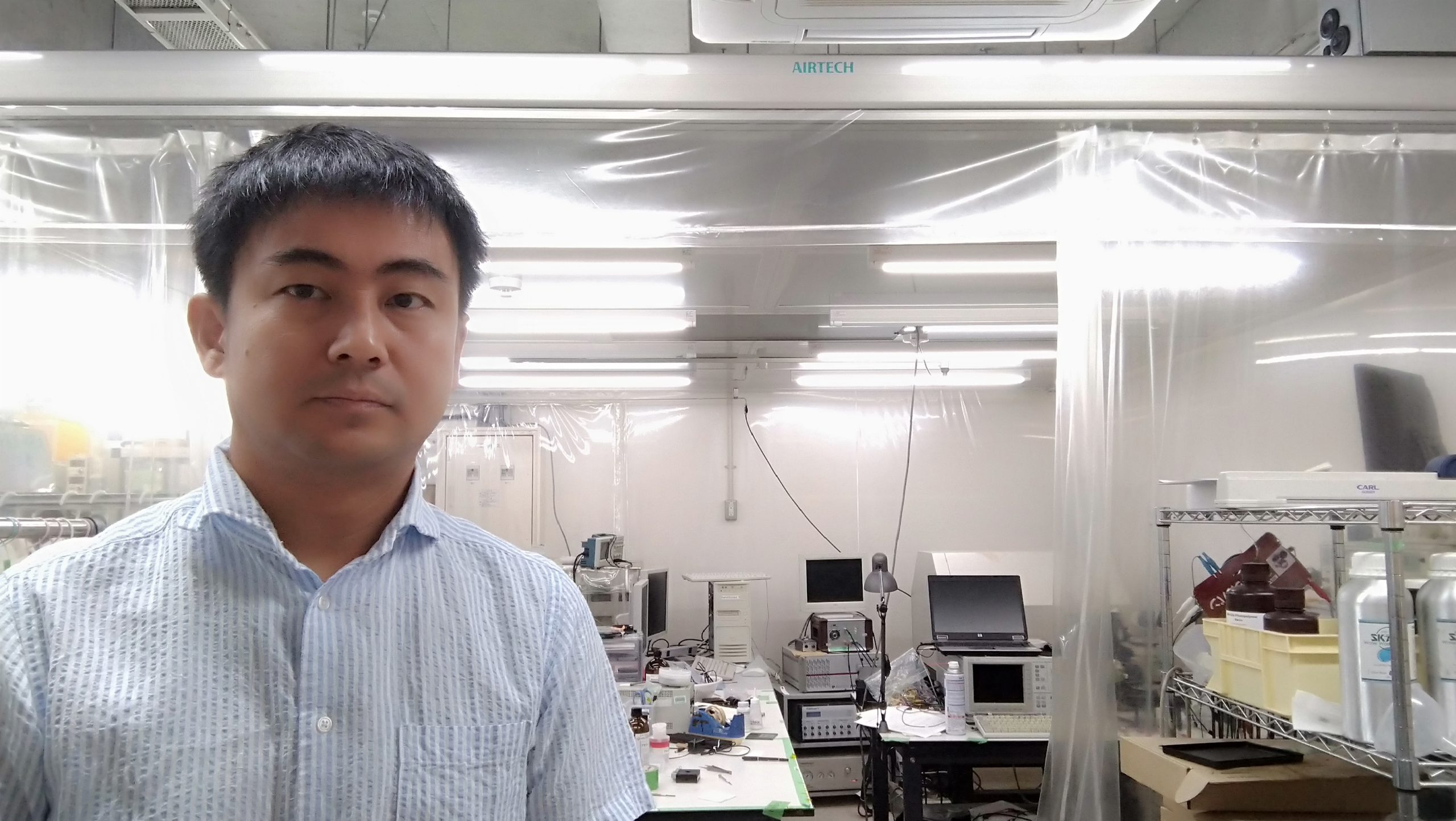




Graduate School of Engineering
Associate Professor Kensuke Kanda
I am developing elements for effectively utilizing minute energy that can be found in the vibrations, wind, and rain in our daily lives.
The goal is to use power source elements in IoT sensors and the like in order to realize autonomous systems that contain no batteries and are environmentally friendly.
With an outlook on future sensor integration, I am developing MEMS (micro-electromechanical systems) using semiconductor manufacturing processes.
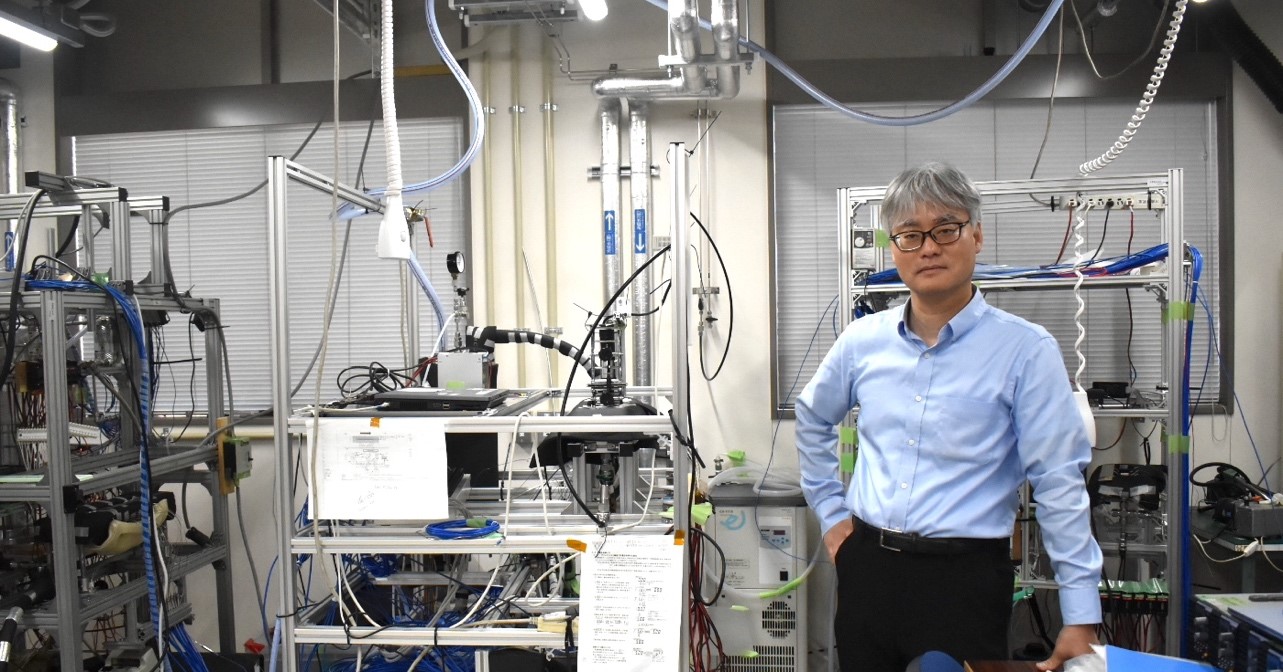



Graduate School of Engineering
Professor Osamu Kawanami
Heat is a source of energy and a waste product in its final form. For example, at the data centers that are necessary for cloud technologies, approximately 40% of the power consumption is for the energy necessary to cool electrical components, which generate heat. With regards to heat-related problems, we are developing new technologies for heat management and utilization and research that contributes to lowering energy consumption.
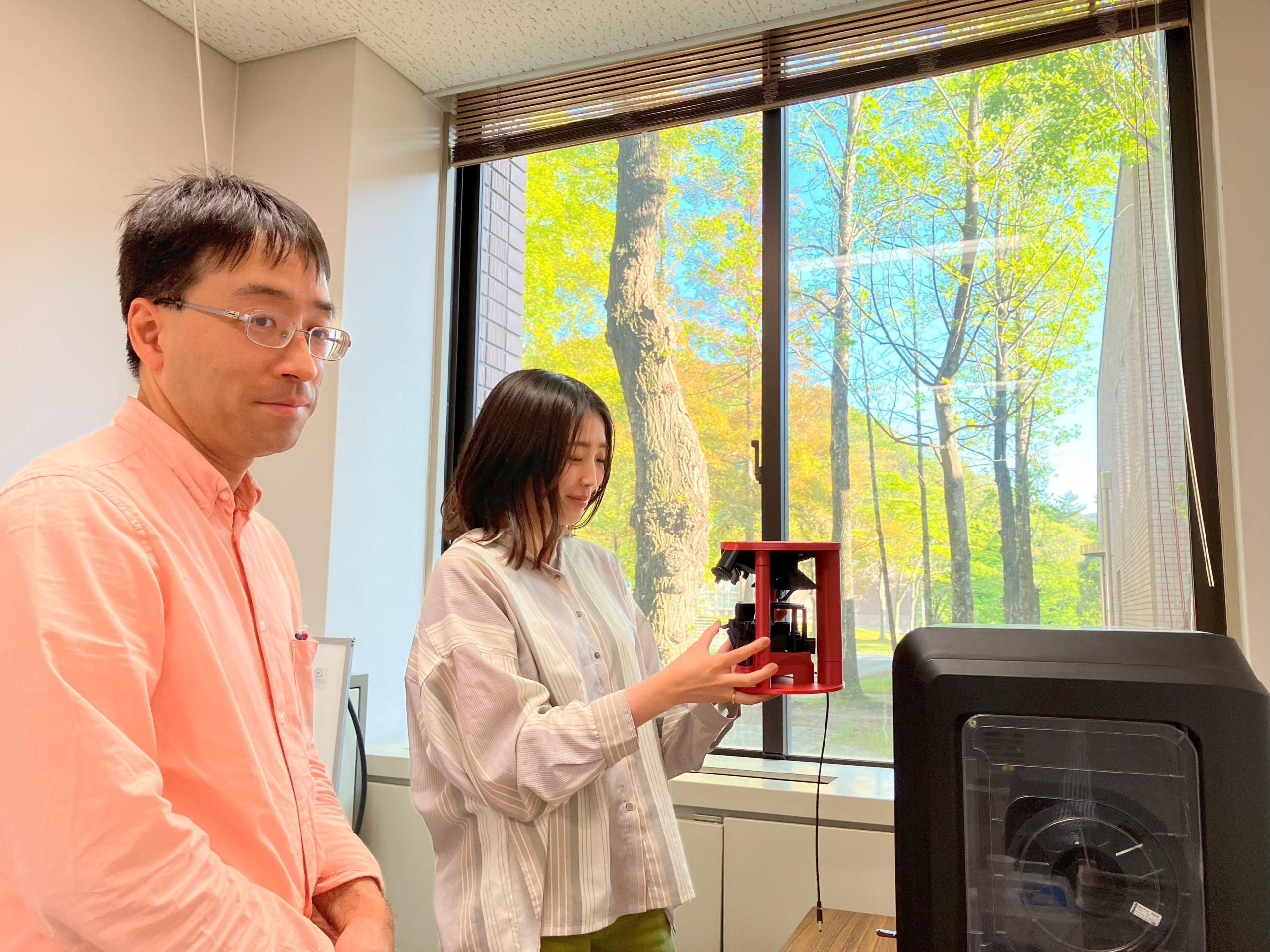



Graduate School of Science
Professor Hiroki Wadati
Conventional microscopes are expensive and large, and everyday microscopic measurements are difficult.
We are developing an inexpensive and small microscope using a 3D printer. We hope that these portable microscopes would create major changes at research and education sites.
In particular, I believe that looking at the magnetic domain structure of magnets will lead to the development of new types of computer memory using domain wall displacement.



Institute for Policy Analysis and Social Innovation
Lecturer Natsumi Ochiai
Concerns about stable procurement of energy cause increases in energy costs and electrical costs, as well as severe effects on the economy.
Energy and electrical infrastructure are a foundation of the economy, and they require appropriate management of risks of future uncertainties.
In this research, I analyze price changes in the energy and electricity markets and research methods for managing risks by utilizing derivative transactions as a method for appropriately controlling these risks.
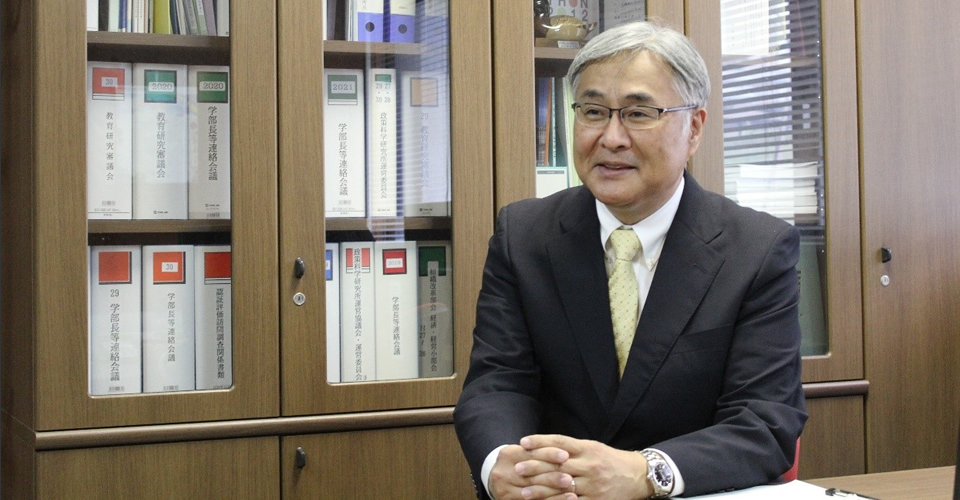



Institute for Policy Analysis and Social Innovation
Professor, Vice President Shinichi Kusanagi
In addition to research centered on the theory and practice of conventional public utilities, my current goal is to deepen my understanding of future prospects, such as a hydrogen society, with a focus on constructing a carbon-free society.
To that end, I am advancing research in a project-based style through collaborations with private enterprises, think tanks, and other universities.
Other goal initiatives can be found in the list here.